10 Pet-Friendly Plants to Refresh Your Home
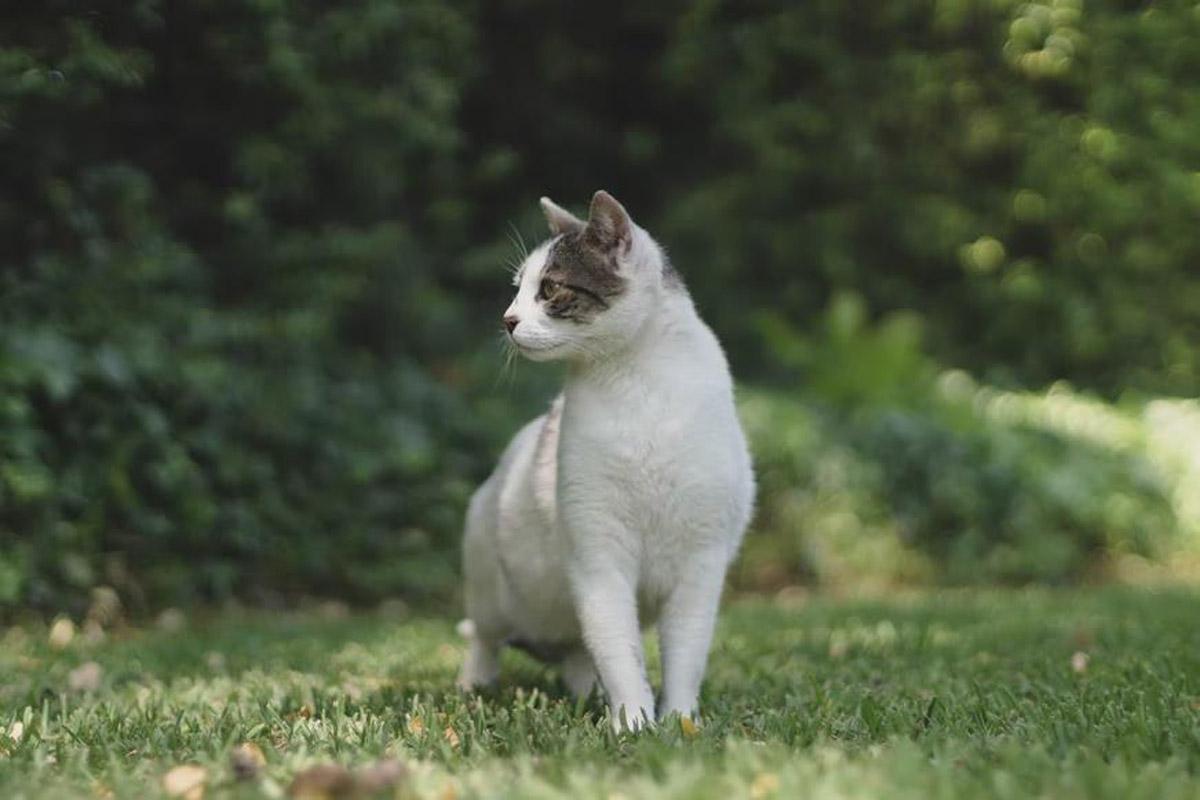
A curious cat among greenery (Source: Gustavo Espíndola)
As pet-owners, many of us are used to adapting our lifestyles to suit our furry friends. From the furniture we use to our daily routines, we cater much to the comfort and safety of our pets. But what about the plants and their scents in our home?
We explore what type of plants and their derived essential oils are safe to have around your pets.
Which plants are safe for animals?
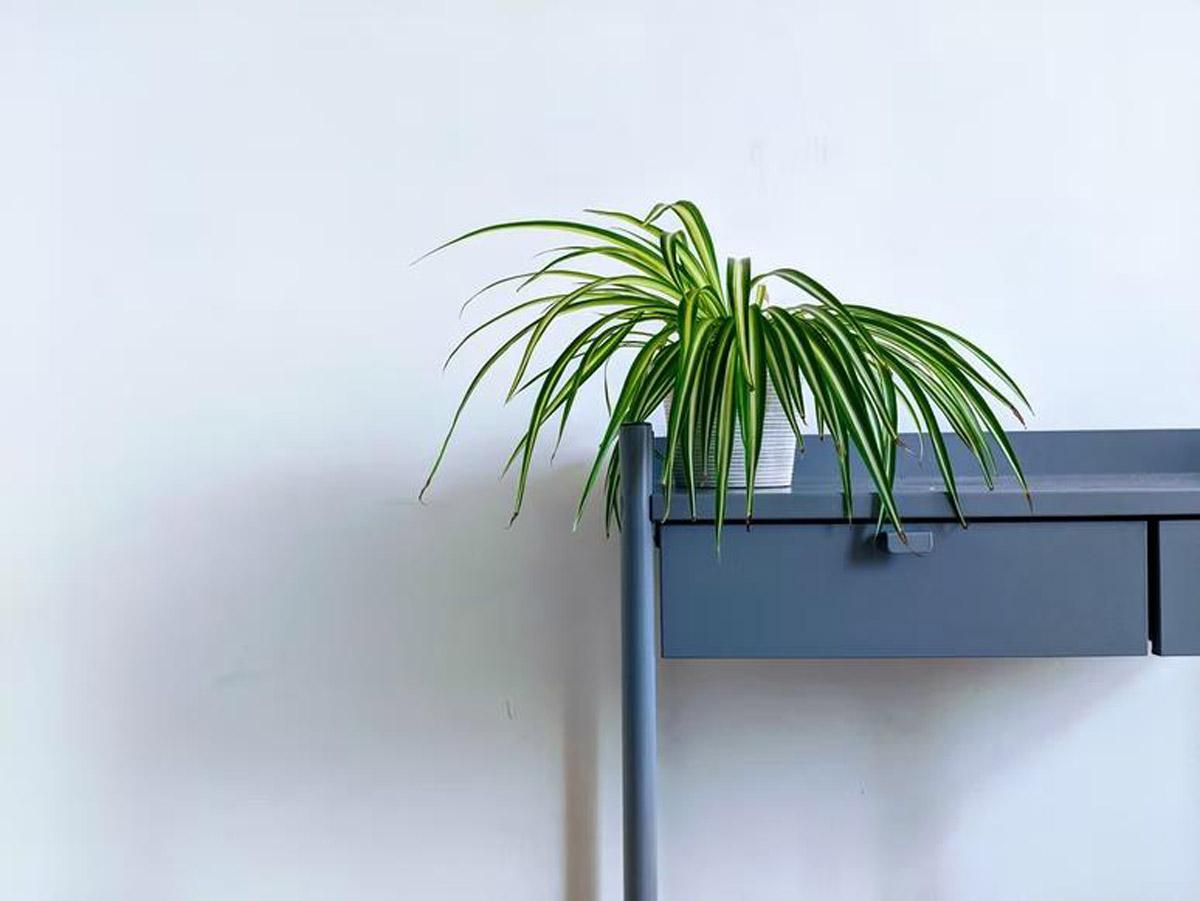
The safe and beautiful Spider Plant (Source: Lucian Alexe)
Plants contain irritants and substances that are toxic once ingested. The following are common plants in Singapore that are safe to have around your home if you have pets!
For both cats and dogs:
- Spider Plant
- Money Plant
- Polka Dot Plants
- Parlour Palms (Chamadoerea Elegans)
- Orchids
- Sunflowers
- Gerbera Daisies (Not regular daisies!)
- Echeveria Succulents
- Catnip (Of course!)
- Boston, Staghorn or Bird’s Nest Ferns

Echeveria Succulents are pet-friendly! (Source: Blanca Paloma Sánchez on Unsplash)
Unfortunately, popular household choices like the Snake plant, Aloe Vera and the aesthetic Monstera plant are harmful to pets.
When it comes to common flowers, lilies, tulips and daisies are particularly dangerous to cats and dogs. Avoiding them altogether is a better option than attempting to place them out of reach of your pet!
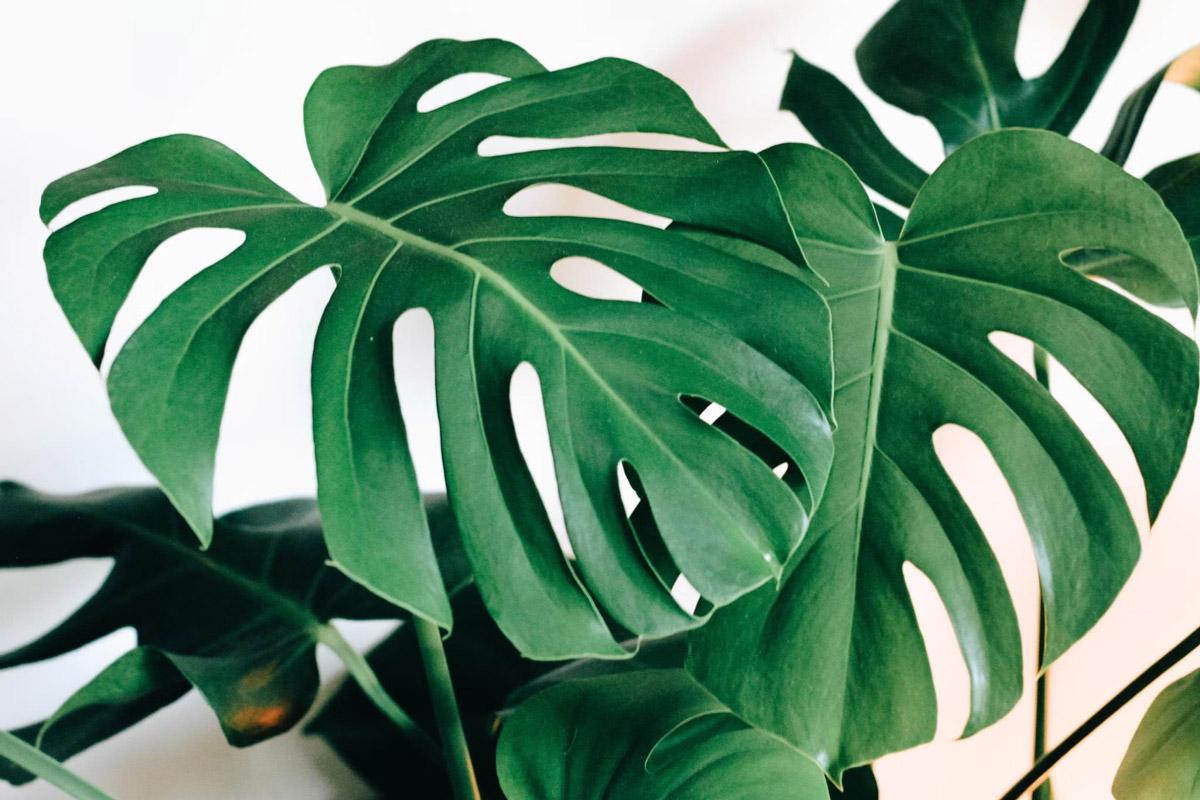
The Monstera Plant is not safe for pets (Source: Kara Eads on Unsplash)
Some plants may not be toxic if ingested, but rather problematic–think thorns, spines and woody stems–which make them better to avoid if you have a pet. Roses are safe and non-toxic to plants, but their thorny stems may cause inflammation and sickness if ingested.
Finally, it’s a great idea to search up a plant on the Internet before making a purchase! A quick Google search can easily inform you of which plants are known to be harmful to pets.
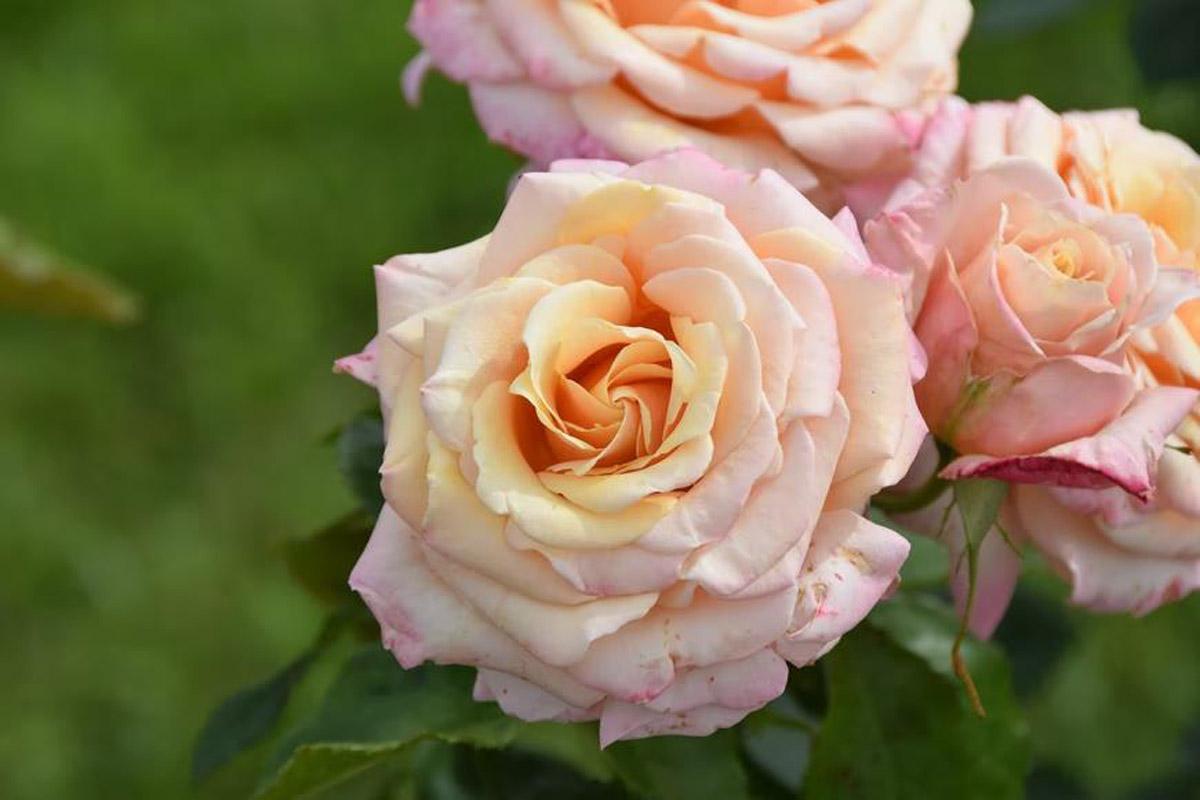
Roses are safe once they are dethorned (Source: Mason Kimbarovsky on Unsplash)
This is also an important habit as the toxicity of a plant may also vary with particular species in the same family. For example, there are perfectly safe bamboo plants as well as those that are toxic. For an extensive list, one can also refer to ASPCA’s record of toxic and non-toxic plants for animals.
What to do if your pet ingests a toxic plant?
According to PetMD, ingestion of a toxic plant can cause “localised inflammation of the skin, mouth, stomach etc. Other plants may have a systemic effect and damage or alter the function of a cat’s organs, like the kidney or heart.”
The symptoms of ingesting a toxic plant may vary with which organ has been affected,
however, several common symptoms include:
- Nausea and vomiting
- Respiratory Problems
- Lethargy and Lack of Coordination
- Drooling
- Diahoerra
- Excessive drinking and urinating
- Dilated Pupils
In these cases, remove any visible plant matter from your pet’s mouth and consult a veterinarian as soon as possible. Try to identify the plant your pet ingested, and consider bringing a sample of the plant if you’re unsure of the name.
Are essential oils safe for pets?
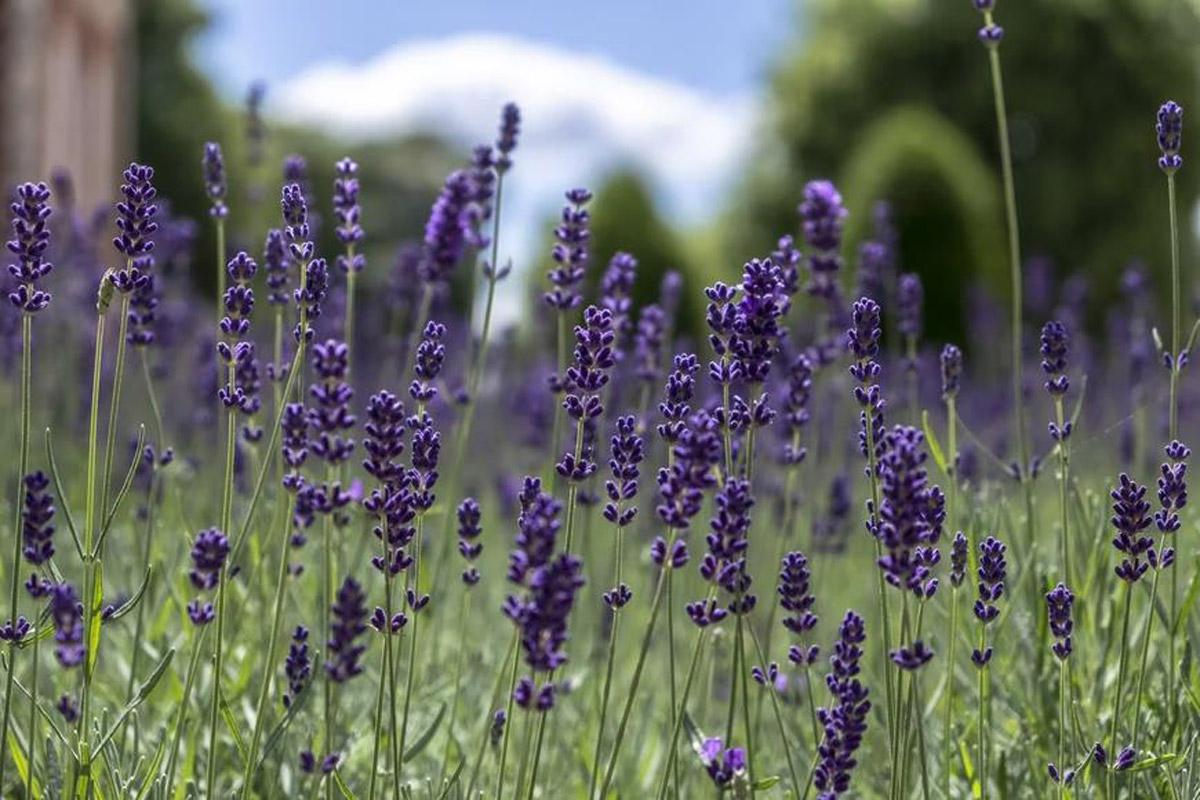
Lavender essential oil is safe for cats and dogs (Source: Alfred Kenneally on Unsplash)
Aromatherapy has been gaining popularity in homes, globally. But before switching on your diffuser or lighting a scented candle, consider whether the essential oils in the products you use are safe for pets.
These oils may be derived from toxic plants. Not only that, but essential oils may contain a concentrated amount of toxin from a plant that would otherwise be less harmful if directly ingested.
Some common essential oils also contain a chemical compound phenols which render them toxic to cats, and are important to avoid. These include peppermint, citrus and eucalyptus scents.
Harmful particles when through the air may cause respiratory and metabolic harm to your pets. Here’s a few oils you can safely use around your fur-friend!
- Lavender
- Frankincense
- Chamomile
- Rosemary (For Dogs)
Remember to diffuse with care or consider diluting solutions beforehand! Large amounts of safe scents may still be overwhelming to animals depending on their sensitivities.
With these tips, relax and stay safe with your fur-babies at home!








